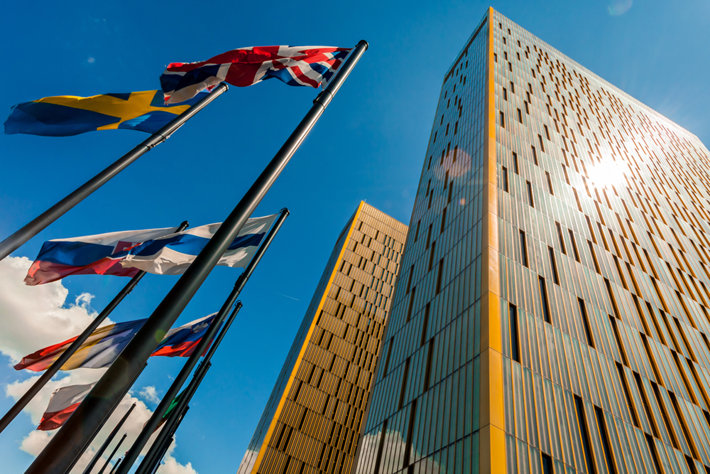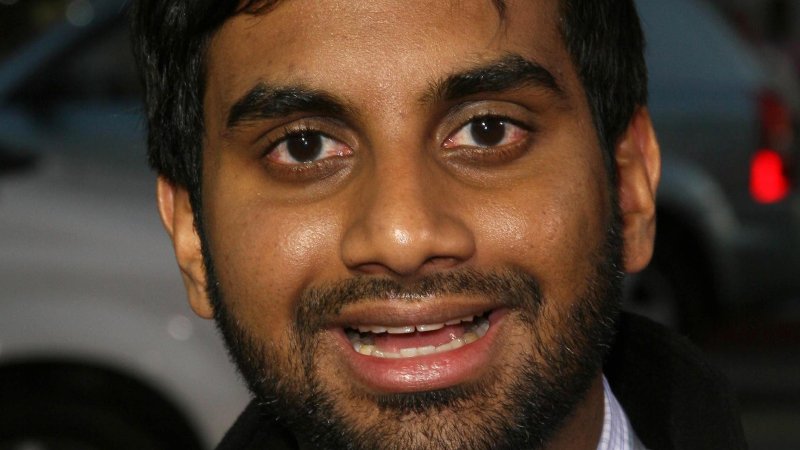
-
HOME
-
WHAT IS STANDOur Mission Our Values Our Help Contact
-
WHAT WE FIGHT FORReligious Freedom Religious Literacy Equality & Human Rights Inclusion & Respect Free Speech Responsible Journalism Corporate Accountability
-
RESOURCESExpert Studies Landmark Decisions White Papers FAQs David Miscavige Religious Freedom Resource Center Freedom of Religion & Human Rights Topic Index Priest-Penitent Privilege Islamophobia
-
HATE MONITORBiased Media Propagandists Hatemongers False Experts Hate Monitor Blog
-
NEWSROOMNews Media Watch Videos Blog
-
TAKE ACTIONCombat Hate & Discrimination Champion Freedom of Religion Demand Accountability
The EU Court’s Decision—What Equality?
When I read about the European Court’s decision to uphold the firing of a Muslim woman for wearing a headscarf, what came to mind was a quote from the French writer Anatole France: “In its majestic equality, the law forbids rich and poor alike to sleep under bridges, beg in the streets and steal loaves of bread.”

What, you may be asking yourself, does a century-old statement about economic injustice have to do with the religious rights of Muslims? Well, the rationale of the European Court also superficially proclaims equality while in reality discriminating heavily against Muslims and certain others.
The wording of the decision wasn’t on its face directed against Muslims, but allowed employers to prohibit “the visible wearing of any political, philosophical or religious sign.” Thus, banning clothing worn for religious reasons does not constitute direct discrimination as long as it is applied equally to religious symbols or dress of all faiths. For example, Christians could be prohibited from wearing crosses and Jews from wearing yarmulkes. So there we are: Everyone is majestically restricted equally and justice reigns.
The real-world result of the decision will be neither majestic nor equal: The Christian woman will gladly remove her cross and keep her job; the Muslim woman will not allow her observance to be compromised and will lose hers.
There is, however, one small problem. No two religious or social groups view how they dress and what symbols they wear with equal meaning and importance. It doesn’t take a PhD in comparative religion to see that Muslim women place considerable significance on covering their heads and, in some cases, their entire bodies—far more than most Christian women would place on being allowed to wear a necklace with a cross. The real-world result of the decision will be neither majestic nor equal: The Christian woman will remove her cross and keep her job; the Muslim woman will not allow her observance to be compromised and will lose hers.
There were actually two cases ruled on by the Court (they will both go back to their home countries for final adjudication). The first involved the Belgian receptionist who refused to remove her headscarf at work. Her firing was upheld because her employer had a policy in place that banned all religious garb. The second case involved an engineer for an information technology company who was fired allegedly because her headscarf “embarrassed” one of her firm’s clients. The court ruled in her favor because the company made an individual decision to fire her in the absence of a set policy. Again, the court is ostensibly being “fair” while in reality placing a crushing burden on those whose dress is a matter of deep conviction.
I should point out that Scientologists are among the many whose religion imposes no particular dress obligation in the workplace, but I am very much aware that injustice such as this decision threatens all of us.
In fact, the engineer and people like her have been set up, to use a very nonlegal phrase. Companies who want to discriminate or are pressured by clients to do so have been handed a very easy-to-follow road map. All they have to do is adopt an “equal” policy that forbids all religious garb. Then voila, as soon as a Muslim shows up in a headscarf, she’s in violation of a “neutral” company policy and subject to immediate termination.
The ruling will not affect the vast majority of secularized or casually religious Europeans or even devout Christians. It will be devastating to Muslim women and possibly a few other groups (Sikh men for example) who also constitute small minorities. I should point out that Scientologists are among the many whose religion imposes no particular dress obligation in the workplace, but I am very much aware that injustice such as this decision threatens all of us. Even the European nativists cheering the ruling should take a step back and realize that what goes around will come around, sooner or later.
It’s bad enough when employers react unfairly against good employees out of prejudice or paranoia about losing business. But when a court comprised of people who have devoted themselves to the study of justice and who are there to protect fundamental human rights act as their enablers, it is far, far worse. The European Court can and must do better.
Photo: Peter Fuchs/Shutterstock.com









